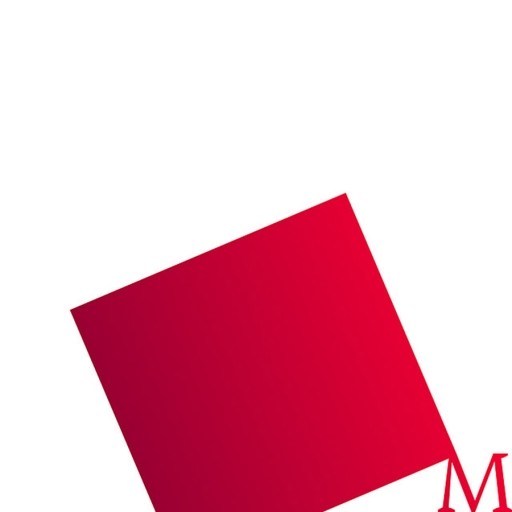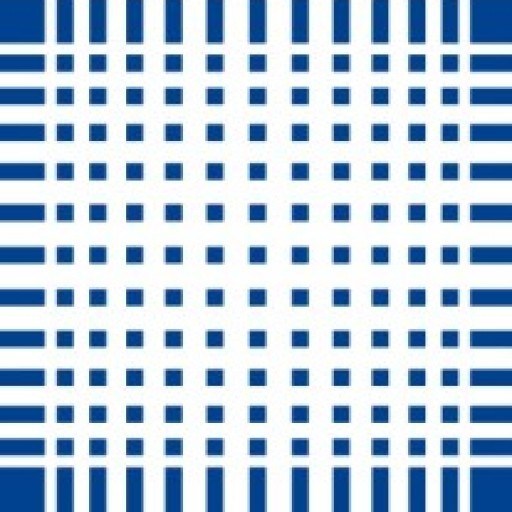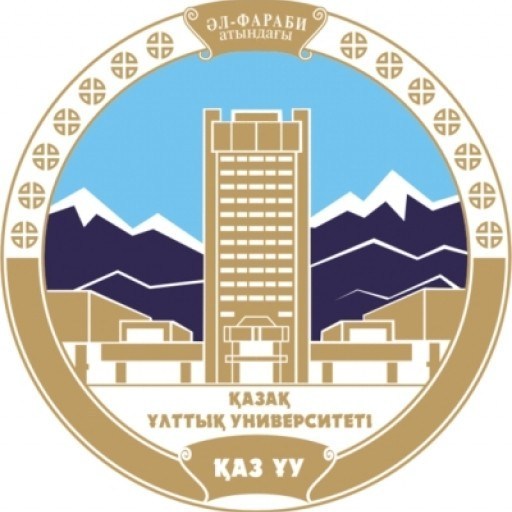Production and Automation Bachelor's Programme at Munich University of Applied Sciences offers students comprehensive training in modern manufacturing processes, automation technologies, and production management. The programme is designed to prepare graduates for the dynamic and evolving industry of manufacturing, where expertise in automation, robotics, and digitalisation is essential. Throughout the course, students will acquire practical and theoretical knowledge in areas such as automation technology, control systems, mechanical engineering, electrical engineering, and information technology. The curriculum emphasizes hands-on experience through laboratory work, project-based learning, and industry collaborations, ensuring students are well-equipped to meet current and future demands of the production sector. Students will learn to design, optimise, and maintain automated systems, integrate digital solutions into manufacturing processes, and develop innovative approaches to improve productivity and efficiency. The programme also covers aspects of quality management, supply chain logistics, and sustainable production practices. Graduates will be prepared for diverse career opportunities in manufacturing companies, automation system providers, engineering consultancies, and related fields. They will have the skills to analyse complex production processes, implement automation solutions, and contribute to digital transformation initiatives in industry. The university's strong ties with industry partners provide students with internship opportunities and real-world project experiences, fostering professional networks and practical skills. With a curriculum that combines engineering principles, information technology, and management strategies, the Production and Automation programme aims to develop highly qualified engineers capable of driving innovation and efficiency in manufacturing environments worldwide.
Educational organisation
The first two years are spent at UAS Munich. From the beginning of the second year, the French students (having spent their first year at EPF Paris) join their fellow students in Munich.The joint group spends year three at EPF/Paris, year four at UAS Munich, and returns to Paris for the fifth year of studies.
The Master's thesis can be performed internationally. Past students have worked on their Master's thesis in various countries, including France, USA, UK, Sweden, Belgium, Czech Republic, Japan, China, or Australia.
Courses are held in groups of 20 to 40 students, allowing interactive forms of education and including a multitude of practical work and projects.
Within the five years of studies, students usually spend 15 months in companies (internships, Bachelor's thesis, Master's thesis), thus gaining extensive industrial experience.
Study abroad unit(s)
Two years of studies at EPF/ParisInternships
Students spend a total of approx. 15 months in enterprises:Two internships of three months each are spent in German and French companies.
Bachelor's thesis (three months)
Master's thesis (six months)
Forms of assessment
Written tests, project work, oral presentations, thesisLanguage requirements
Students need advanced knowledge of German language (DSH 2 or TestDaF level 4-5, German high school or university degree, or degree in German from a foreign university).Furthermore, they should have a level A2-B1 in French.
Required DSH / TestDaF
YesAcademic requirements
For admission requirements see: https://www.hm.edu/en/your_stay_at_muas/students/fulltime/application_bachelor.en.htmland
http://www.fb06.fh-muenchen.de/fb/index.php/de/internationaler-studiengang/pab/zulassungsvoraussetzungen.html
Enrolment fees
Students are required to pay 52 EUR per semester for the "Studentenwerk" (housing and dining facilities in Munich) plus 62.50 EUR for a compulsory contribution for a semester ticket covering public transportation in and around Munich (Monday - Friday from 6 p.m. to 6 a.m. and all day on weekends). An optional contribution of an additional 157.60 EUR allows for the use of public transportation around the clock.Costs of living
In order to cover personal expenses while studying in Munich, we recommend a budget ofat least 850 EUR per month for accommodation, costs of living, and miscellaneous expenses.
During their studies in France, students receive a mobility aid scholarship/from the German-French University DFH in the amount of 270 EUR per month, thus approx. covering the cost for the student residence in Paris.
Job opportunities
There are many opportunities to find employment in Munich. However, the course programme does not leave a lot of flexibility. You should not expect to be able to work for more than a maximum of one day per week.During the two years in Paris, you cannot expect to be able to work: it is mandatory to participate in all courses at French Grande Ecoles. Additionally, there are not a lot of job opportunities for students in Paris.
Arrival support
We provide pre-arrival assistance for our students. Further assistance can be provided uponrequest.
Services and support for international students
Student services at the main department II (Abteilungen "Beratung und Immatrikulation"and "Prüfung und Praktikum")
Person responsible for the study programme: Prof Dr Stefan Linner, Nadine Chavelet-Post
Accommodation
There are several services in Munich that provide help in finding accommodation. We cannot offer accommodation in Munich, but we can offer assistance by providing addresses and websites.For the study years in Paris, rooms are available in a student residence.








